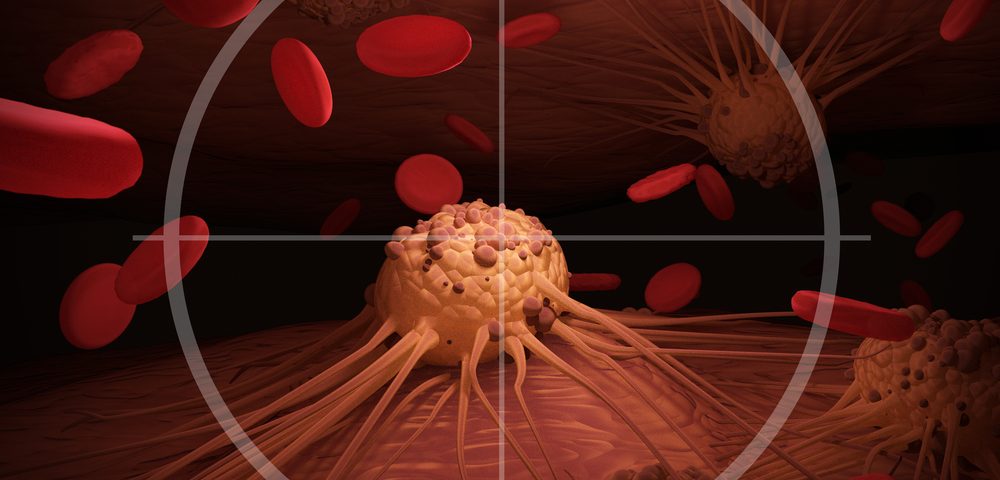Sutro Biopharma says its therapy STRO-001 either eradicated or significantly slowed the growth of non-Hodgkin lymphoma and multiple myeloma in animal models.
The preclinical-trial findings supported Sutro’s submission of an investigational new drug application to the U.S. Food and Drug Administration. The FDA must approve the application before the company can conduct human clinical trials of the therapy.
Sutro is preparing for a Phase 1 trial to explore the treatment — an antibody-drug conjugate — in these blood cancers. The trial is expected to start by early 2018.
Researchers said STRO-001 eliminated cancer or delayed cancer growth in animal models of diffuse large B-cell and mantle cell lymphomas. Another finding was that the animals with mantle cell lymphoma survived longer.
The research team also tested STRO-001 in combination with standard chemotherapy in an animal model of diffuse large B-cell lymphoma, with the combo suppressing cancer growth.
“These results are the clearest, most compelling evidence that STRO-001 performs effectively in multiple malignant B-cell lines and xenograft tumor models,” Bill Newell, Sutro’s CEO, said in a press release.
STRO-001 is a treatment composed of an antibody linked to an anticancer drug. The antibody targets the CD74 protein. Sutro scientists performed experiments showing that CD74 is found in large quantities on the surfaces of the cancers they investigated.
Dr. Arturo Molina, an oncologist who is Sutro’s chief medical officer, said the way the company produces antibody-drug conjugates leads to a therapy with fewer toxic effects on healthy cells adjacent to cancer cells.
Sutro has presented findings from its preclinical-trial studies at several scientific meetings, including the American Association for Cancer Research annual meeting in Washington in April.
At the International Conference on Malignant Lymphoma in Lugano, Switzerland, in June, researchers presented toxicology data from experiments in primates in addition to discussing the treatment’s ability to combat various cancers.
Another presentation was at the Congress of the European Hematology Association in Madrid in June. It showed that the treatment reduced the number of normal B-cells in monkeys, providing evidence that STRO-001 was, indeed, targeting B-cells — the source of lymphomas and myelomas.


